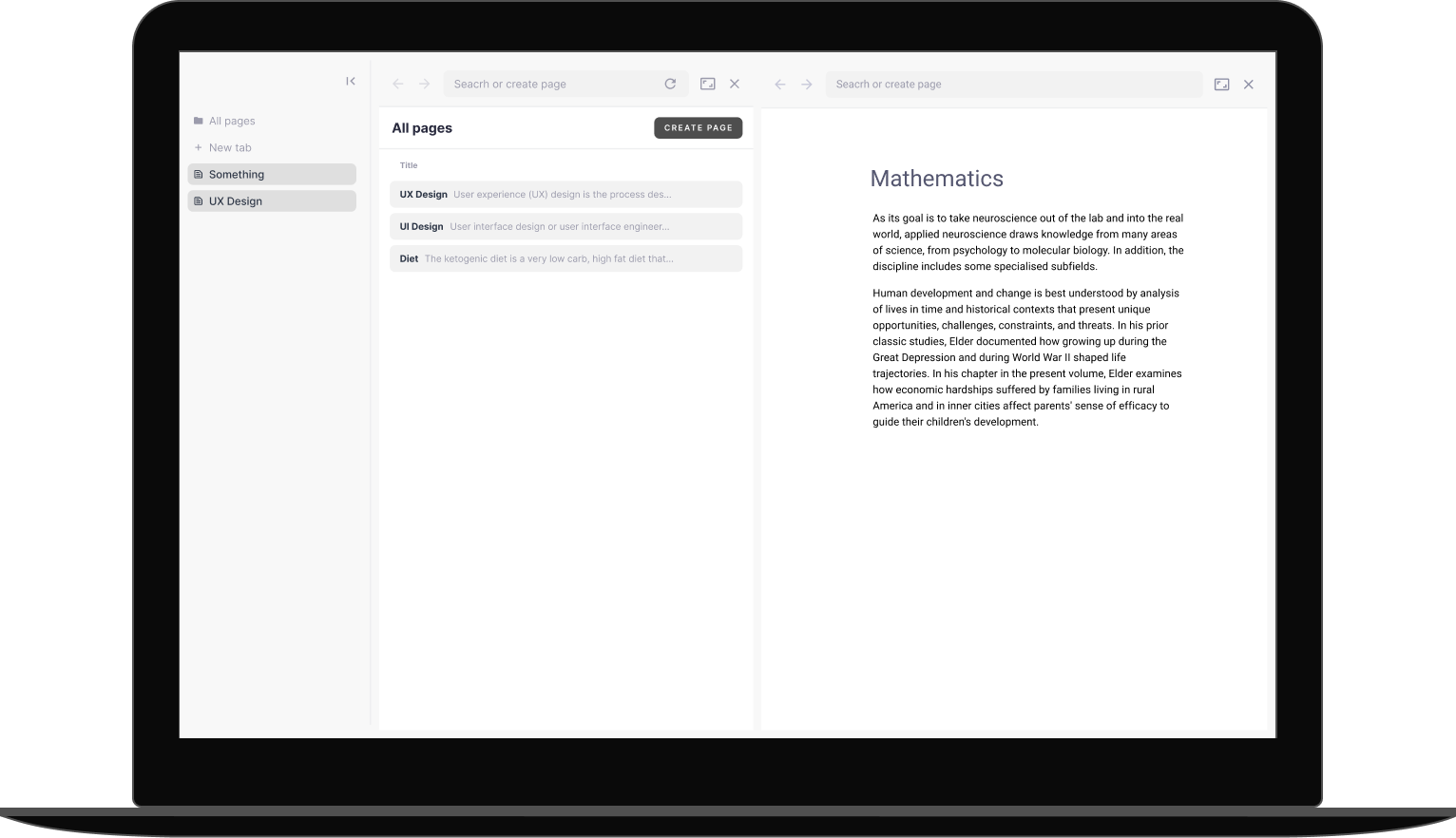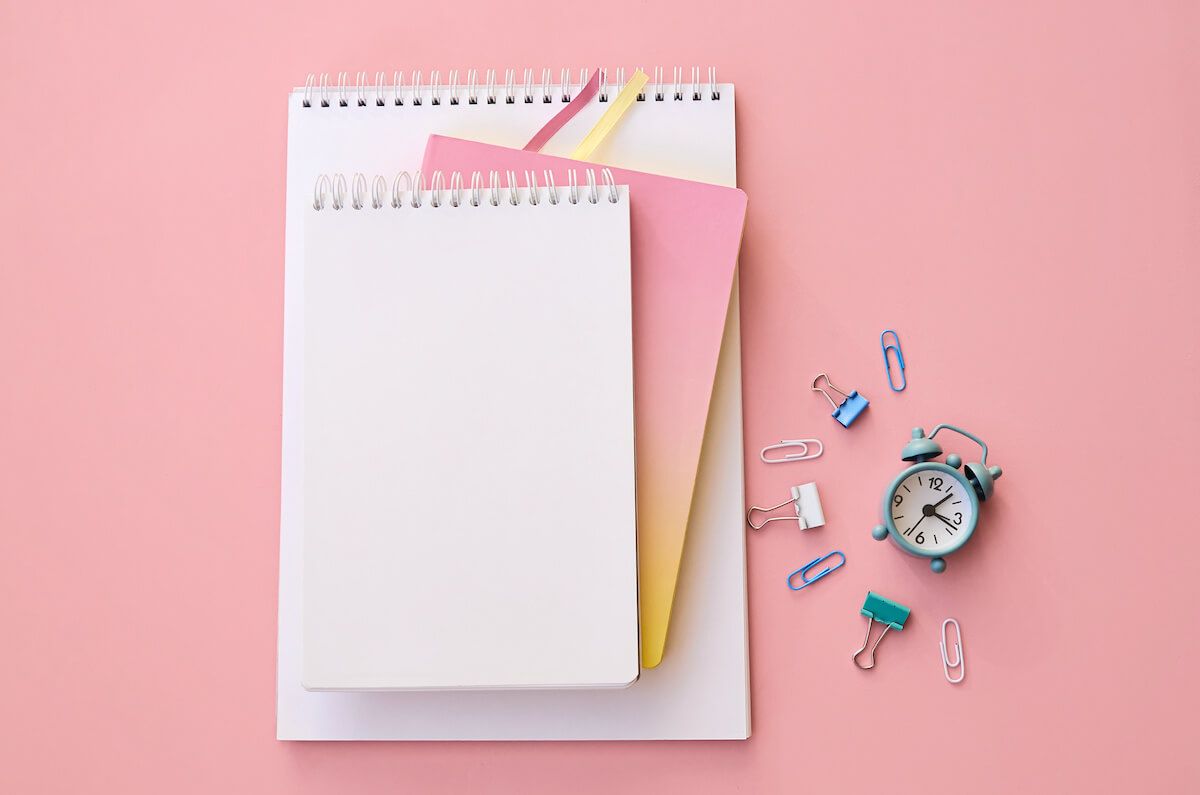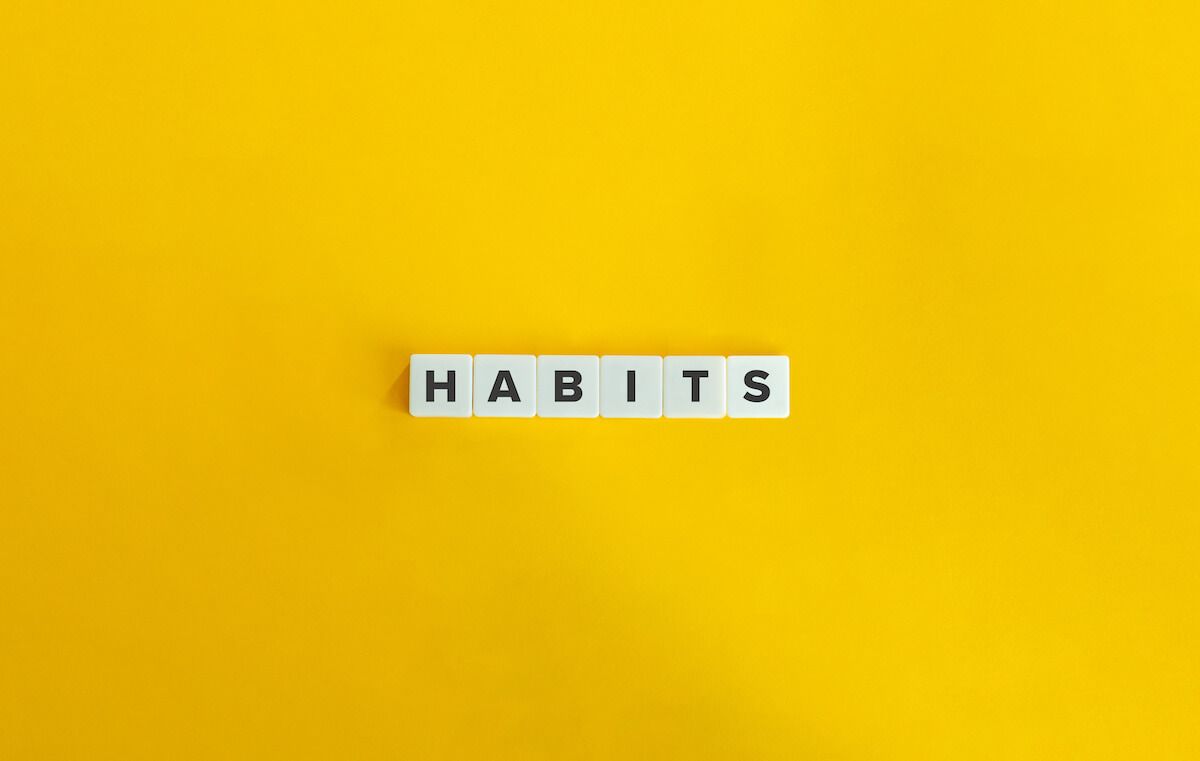Take a moment to think of a few people you consider successful. Perhaps a mentor, a family member, someone on LinkedIn, or even a public figure. Other than being someone you admire and consider successful, what do these people have in common?
One quality you're likely to find is the dedication to learning new things. Most successful people understand that the key to success is learning new things. Every day, a new learning opportunity could benefit your personal and professional life.
The ability to learn new things doesn't require expertise or exceptional talent. The skill of learning can be developed by anyone with practice, and becoming a lifelong self-learner has many benefits.
In this article, we'll explore why learning new things is so important and offer tips and strategies to help you learn something new every day.

As a busy student, professional, or parent, you might wonder why you should make time to add learning new things to your plate. After all, isn't it enough to just keep up with the demands of your daily life?
Understandably, adding one more thing to your busy schedule can be overwhelming. But learning doesn't have to be a time-consuming activity. We're already learning every time we read an article, listen to a podcast, or take on a DIY project. We need to formalize the process so we can maximize the benefits.
And the benefits of learning new things are significant. An impressive body of research indicates a host of science-backed upsides, including:
If scientific evidence isn't enough to illustrate the benefits of learning new things, consider some advantages learning can have in your personal and professional life. Taking a class or attending a seminar can help you network and make new friends, increase your job satisfaction, and boost your confidence to the next level. Learning can also help relieve boredom, excel in new hobbies, and give you a sense of accomplishment.

Gather information, take notes, review, reflect, surface insights. All from one perfect, distraction-free interface.
Find out how!
With so many benefits, it's clear that learning should be a priority in our lives. But how can you ensure that you're learning something new every day? Here are a few strategies you can try to fit learning new things into your daily routine.
Adding another task to your daily routine can be overwhelming. But with some planning and effective time management, you can easily make time for learning. Try blocking out a specific 30-minute time slot each day — first thing in the morning, during your lunch break, or before bed — to read, watch a tutorial, or work on a new skill. Having the time set aside and labeled as "learning time" will help make it a priority.
You're more likely to be motivated and stay on track if you have a learning partner, someone who shares your growth mindset and desire for self-learning. There may be a friend, family member, or colleague who wants to team up, or you can join other like-minded people online in focus groups and coworking sessions. Accountability and shared goals can help you keep each other motivated.
When you're learning something new, make a habit of taking notes. You can try taking visual notes in a sketchbook, jotting down simple ideas in a written notebook or digital document, or collecting a series of audio recordings. Having notes to refer back to will help solidify the concepts you're trying to learn and make them easier to remember. Additionally, organizing your notes can be a great way to review and reflect on your learning.
Everybody learns differently, so trying a few different approaches is good. Watch tutorials, listen to podcasts, and try free online courses. Experimenting with new learning styles and methods is also helpful. One unique method to try is the Feynman Technique. This technique, developed by Nobel Prize-winning theoretical physicist Richard Feynman, is a great way to tackle complicated new knowledge. By breaking things down into simple steps, Feynman's approach helps simplify information, organize it, and review it in a way that's effective for long-term understanding and recall.

We often think of learning only in a formal setting, but you don't have to take a class with a lot of people or go through professional development training at work to learn something new. Learning opportunities are all around us — we just need to be open to them. The next time you're scrolling social media and come across an interesting fact, take a second to stop and learn more about it. Or if you're reading a book and come across a word you don't know, jot down a note and look it up later. If you keep your eyes open and maintain a growth mindset, you'll be surprised at how much information you can take in without even trying.
That note you took while you were reading? After learning more about the word, add it to your personal knowledge management system. This learning repository can be as simple as a notebook or binder or as complex as a multi-step process using a note-taking app and a knowledge database platform. The goal is to have a place where you can easily refer back to things you've learned. This is especially useful for remembering things later, such as a job interview or public speaking engagement.
There are countless learning resources available at our fingertips; we just have to know where to look. Websites like Coursera and Skillshare offer free online courses on practically any topic, while podcasts and video sites like YouTube are great for more informal learning. And don't forget about your phone — many apps are available to help with everything from language learning to meditation, and many offer an interactive learning experience that makes the learning process fun.
Review is an essential step in the learning process. By practicing and testing your knowledge, you can better retain the information and feel more confident using it. This could mean taking practice tests or quizzes, role-playing, or writing out what you've learned. Remember Feynman's Technique? Analyze how well you understand the topic by explaining the most significant bits of your knowledge to someone else. Your grasp of the material is pretty good if they know what you're describing and don't have any questions.

Like any new habit, making learning part of your daily routine takes time and effort. If you struggle with habit formation, try habit stacking. In his book, "Tiny Habits," BJ Fogg reveals three steps to successfully build a new habit:
With this in mind, start your learning process slowly. Start with five minutes if 30 is too much for you. Maybe you can learn one word in a foreign language or practice using one tool in Photoshop. Then stack that onto another thing you do daily — listening to your language learning app while taking a walk, for example — and let that help you make it a habit.
No matter what strategy you use, the important thing is that you make learning something new a part of your daily life. Incorporating learning into our daily routines opens us up to new possibilities, new ways of thinking, and a deeper understanding of the world. Of course, anytime we step outside our comfort zone, there will be discomfort — that's just part of the process. Embrace it, plant the seed, and see how much you can grow.
I hope you have enjoyed reading this article. Feel free to share, recommend and connect 🙏
Connect with me on Twitter 👉 https://twitter.com/iamborisv
And follow Able's journey on Twitter: https://twitter.com/meet_able
And subscribe to our newsletter to read more valuable articles before it gets published on our blog.
Now we're building a Discord community of like-minded people, and we would be honoured and delighted to see you there.